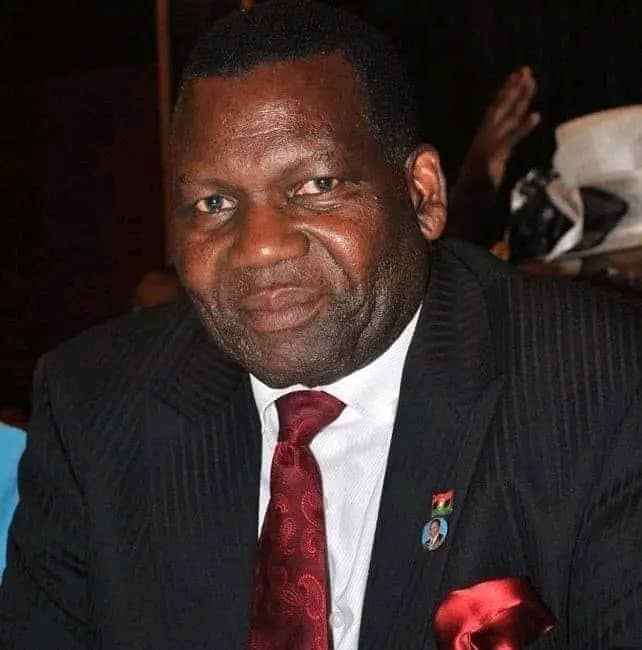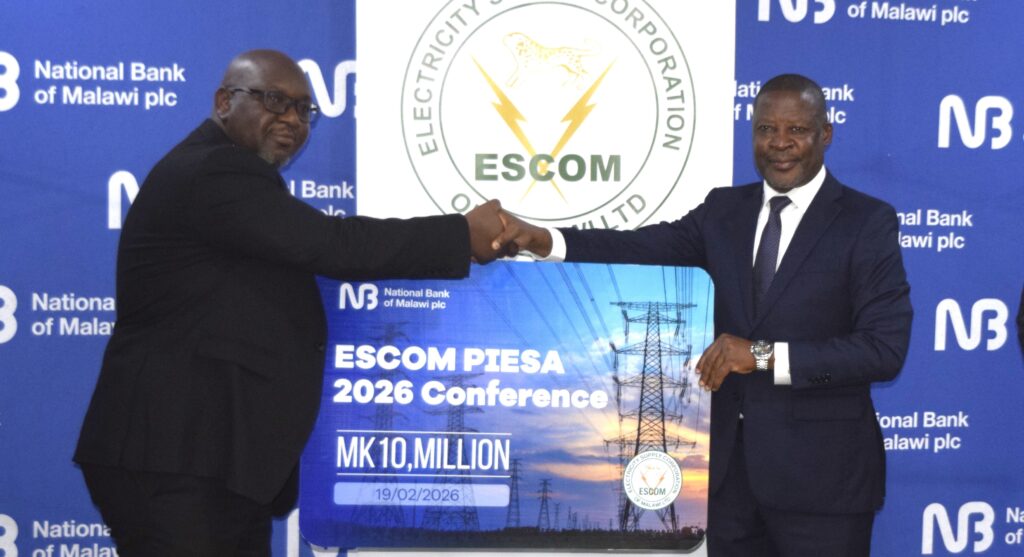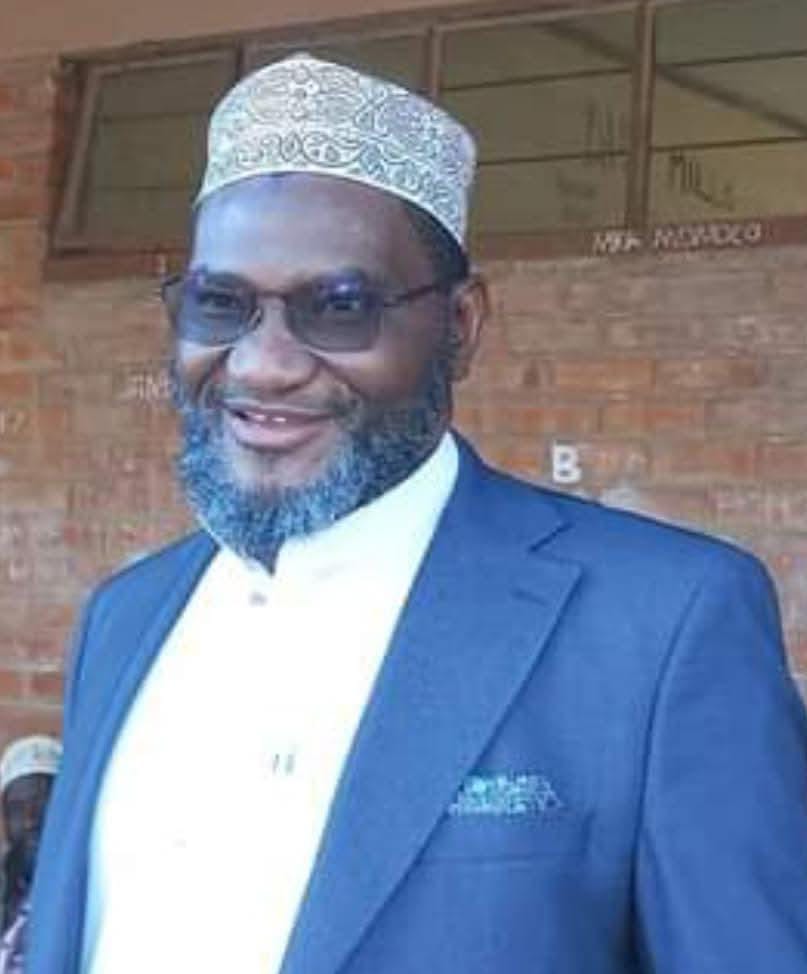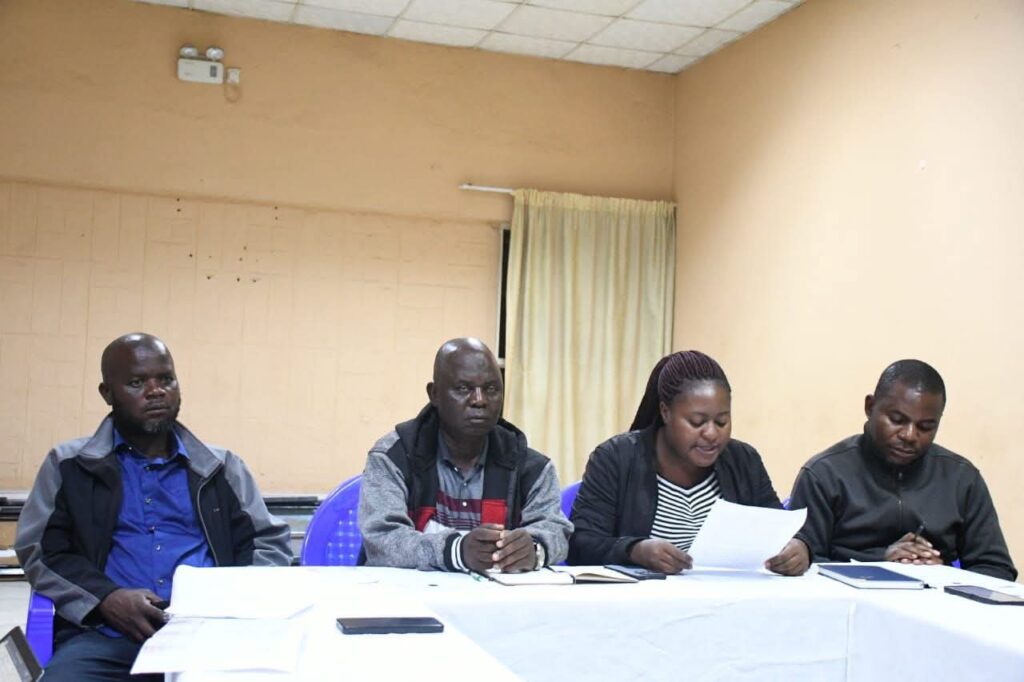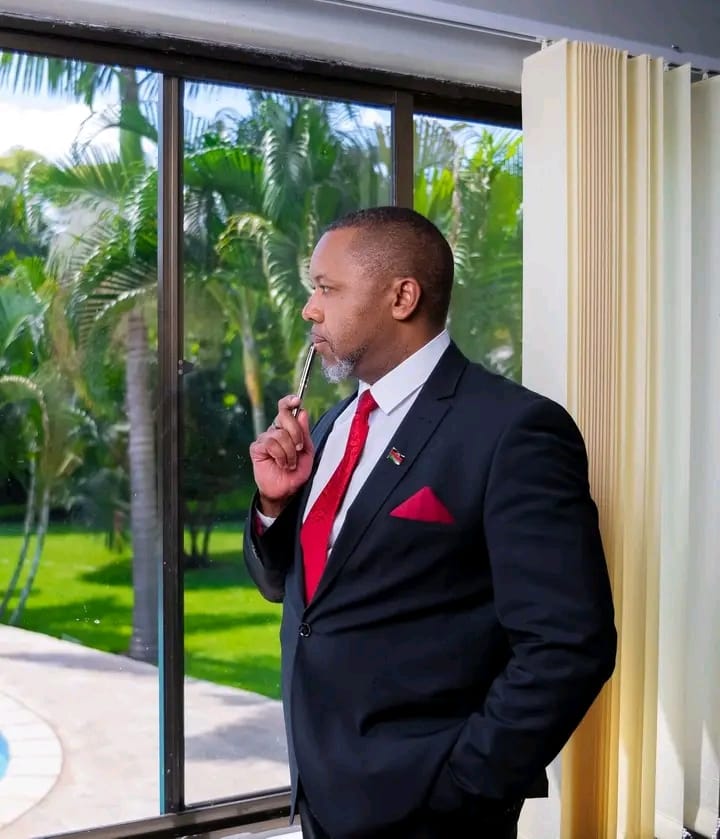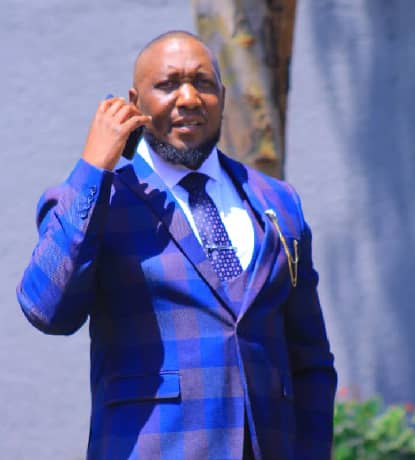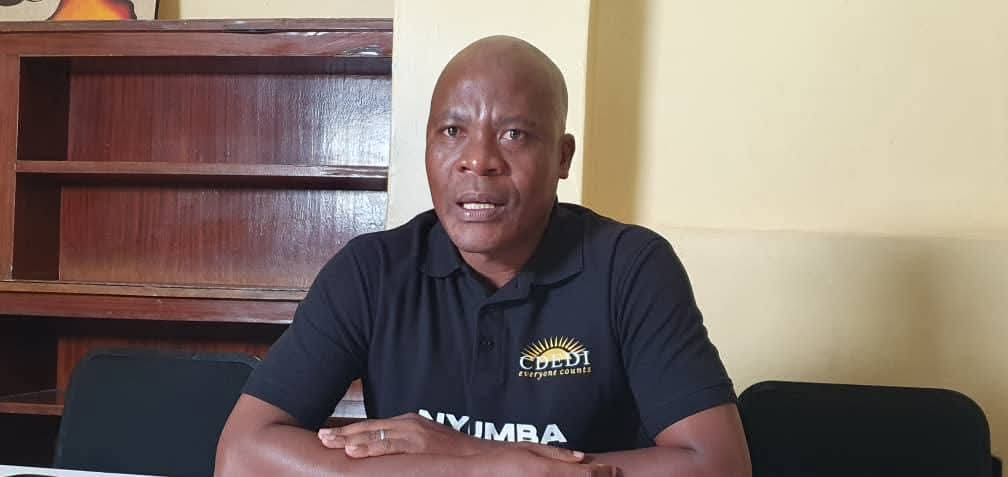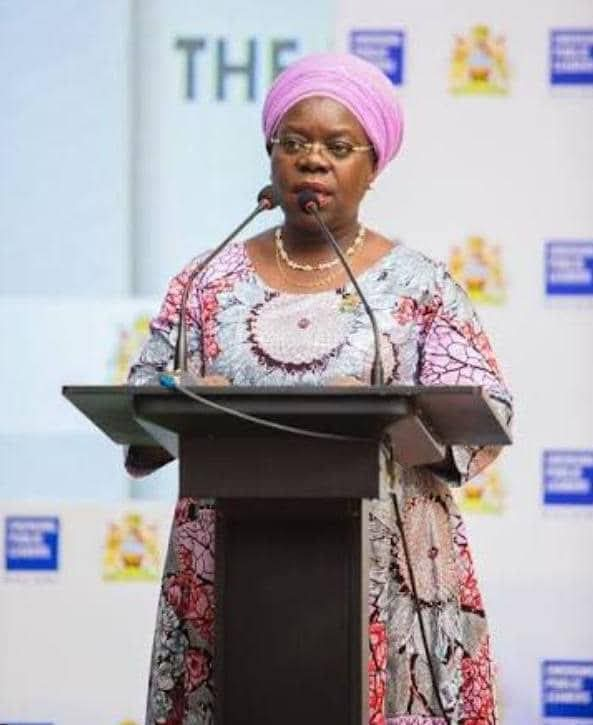By Burnett Munthali
The Leader of Opposition in Parliament, Dr. George Chaponda, has strongly opposed the Malawi Communications Regulatory Authority (MACRA)’s plan to purchase a device for tracking misinformation and disinformation online.
In a letter issued this afternoon, Dr. Chaponda criticized the decision to spend USD 1.5 million (over MWK 3 billion) on the device, describing it as wasteful spending in light of the country’s ongoing economic hardships.
Dr. Chaponda emphasized the need for MACRA to halt the procurement process until the matter is deliberated in Parliament. He highlighted that the country is grappling with pressing challenges such as food insecurity and economic instability, which should take precedence over such an investment.
“At a time when Malawians are struggling with hunger and other economic difficulties, spending such a large amount on a tracking device is not justifiable. Government resources must be prioritized for critical issues affecting citizens,” Chaponda said in the statement.
However, speaking yesterday on the Tiuzeni Zowona program on Zodiak Broadcasting Station, MACRA Director General Daud Suleman defended the move, stating that the device is crucial for the authority to effectively execute its mandate.
Suleman explained that the funds for the device are sourced from MACRA’s own revenue, not from the national budget. He revealed that the authority has generated MWK 13 billion in profits, part of which will be used to purchase the device while the rest will be remitted to the government.
“We understand the concerns raised, but this device is important to strengthen our ability to monitor and address misinformation and disinformation, which can have far-reaching effects on society. The money being used is from our profits, and we will still remit MWK 13 billion to the government,” Suleman clarified.
Dr. Chaponda’s statement has sparked debate over the role of MACRA and the priorities of public spending in Malawi. Critics argue that while combating misinformation is important, investing such a significant amount in the device during an economic crisis may not resonate well with the public.
On the other hand, MACRA maintains that the device will enhance the regulatory body’s ability to monitor online content and ensure the responsible use of digital platforms, which is increasingly vital in the digital age.
Dr. Chaponda has called for Parliament to deliberate on the matter to assess whether the investment aligns with national priorities. “Before any procurement of this magnitude, it is only right for Parliament to weigh in and determine if this is the best course of action, especially when Malawians are facing critical challenges,” he stated.
The issue has generated mixed reactions from the public, with some supporting the need to combat online misinformation, while others believe that the funds could be better utilized to address immediate issues like food shortages and healthcare.
As the debate unfolds, it remains to be seen whether MACRA will proceed with the procurement or heed calls for Parliament to review the decision. The matter highlights the ongoing struggle between technological advancement and economic priorities in a nation striving to balance progress with the welfare of its citizens.
- NBM plc supports ESCOM PIESA conference with K10 million
- Jatta Rallies Africa to Unite as He Makes Historic Address to Malawi Parliament
- Kamangila Explodes Over New Tax Plans, Says MRA Failures Are Bleeding Malawi Dry
- Pension Fund Hotel Deal Sparks Transparency Storm as Price Balloons by K100 Billion
- Muslims urged to embrace Ramadan with generosity and prayer
- FDRD Slams Trial by Public Opinion, Demands Respect for Rule of Law
- Kamphangala dismisses claims that UTM supporters are politicizing Chilima’s death
- Reclaiming NEEF for the People: A Call to Dismantle Barriers and Deliver Real Economic Justice
- Pressure Mounts on Attorney General Frank Mbeta as CDEDI Demands Resignation
- Nathenje Communities Laud APM’s Governance
- SKC memorial golf tourney March 28

